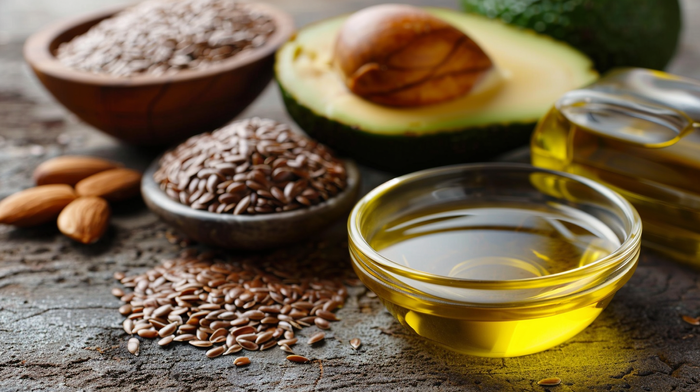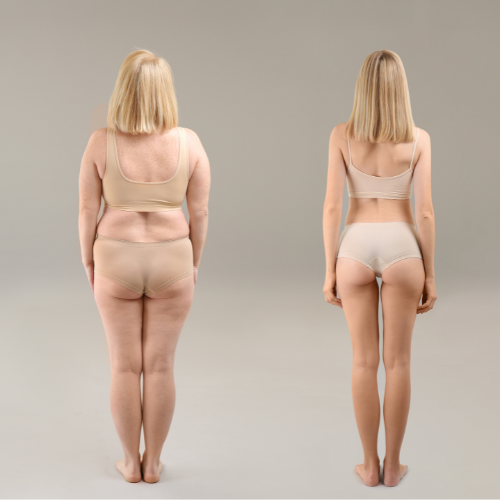5 myths about dietary fats worth debunking
Fats have been demonized for years, blamed for weight gain and health problems. However, modern research is debunking many of the myths associated with dietary fats, emphasizing their essential role in maintaining good health. In this article, we present five of the most popular myths about fats that are worth debunking once and for all.
Myth 1: All fats are bad
The first and most widespread myth is the belief that all fats are bad for our health. Meanwhile, fats are essential for our bodies. They provide energy, support brain function, help absorb fat-soluble vitamins such as A, D, E and K, and are building blocks for cells. The key is to choose healthy fats, such as monounsaturated and polyunsaturated, found in olive oil, avocados, nuts and fish.

Myth 2: Fats cause weight gain
Another common myth is the belief that consuming fats leads to weight gain. Although fats are more caloric than proteins or carbohydrates, this does not mean that consuming them in moderation is the cause of obesity. In fact, healthy fats can help maintain a feeling of satiety, which helps control appetite and can contribute to weight loss.
Myth 3: Saturated fats are the worst
Many people still believe that saturated fats are the worst kind of fats to consume. Although over-consumption of saturated fats can contribute to higher cholesterol levels, not all saturated fats work the same way. Some studies suggest that medium-chain fatty acids (MCFAs), such as those found in coconut oil, may even have beneficial effects on heart health. It's important to approach saturated fats in moderation, rather than eliminating them from your diet altogether.

Myth 4: Trans fats are safe in small amounts
The myth that trans fats are safe, even in small amounts, is extremely dangerous. Trans fats, created by the process of hardening vegetable oils, have been linked to a number of negative health effects, including an increased risk of heart disease, stroke and type 2 diabetes. Health organizations around the world recommend avoiding trans fats like hell, stressing that there is no safe level of consumption.
Myth 5: We don't need omega-3 and omega-6 fats
The final myth concerns omega-3 and omega-6 fatty acids, which are often overlooked when talking about a healthy diet. These essential fats, which our bodies cannot produce on their own, play a key role in many bodily functions, including preventing heart disease, supporting brain health and regulating inflammation. Sources of omega-3 fatty acids include fish, flaxseed and nuts, while omega-6 can be found in most vegetable oils. A balanced intake of both types of fats is the foundation of a healthy diet.
Summary
Dealing with myths about fats is key to leading a healthy lifestyle and maintaining a balanced diet. Understanding that not all fats are created equal and that some are essential to our health can help you make informed dietary choices. Remember that moderation and variety are the keys to health, and healthy fats should be an important part of our diet.




